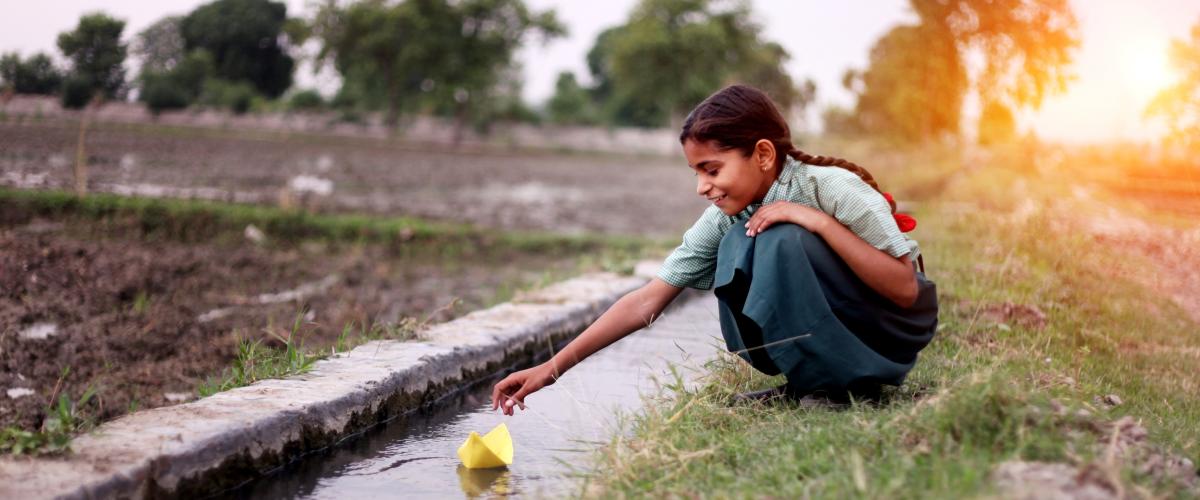
News
The Virtual Reality climate change project that shared Fiji’s climate change story with global leaders at COP23 has returned home to Fiji, with thousands expected to see the film in the coming weeks.
The destruction wreaked by Typhoon Haiyan in the Philippines this month has renewed debate on a critical financial question: How can nations best prepare for and respond to natural disasters?
Small island states are highly vulnerable to shocks and disaster-related losses are being further exacerbated by climate change.
Jamaica will be getting help from the World Bank towards the promulgation and passage of a new Building Act to replace the country’s 109-year-old building code.
The World Meteorological Organization's HydroHub is looking for innovative solutions in operational hydrology. Apply to the Innovation Call by 20 August to make a difference on the ground!
The SWIO RAFI seeks to address high vulnerability of the Southwest Indian Ocean Island States to disaster losses from catastrophes such as cyclones, floods, earthquakes and tsunamis.
Some 20 high-risk developing nations forged a new alliance for climate change preparedness.
The World Bank approved a US$20 million project to help communities in the Marshall Islands – already vulnerable to recurring drought and flooding – prepare better for the impact of climate change.
At COP24, the High-Level Consultative Group (HLCG) of the InsuResilience Global Partnership agreed to work on a bold vision for the Partnership to scale up pre-arranged finance to assist poor and vulnerable people affected by climate change.
With developing countries the hardest hit by disasters, a new competitive challenge fund is being launched today to help developing countries design and implement ground-breaking solutions to overcome problems they face assessing disaster risks.
